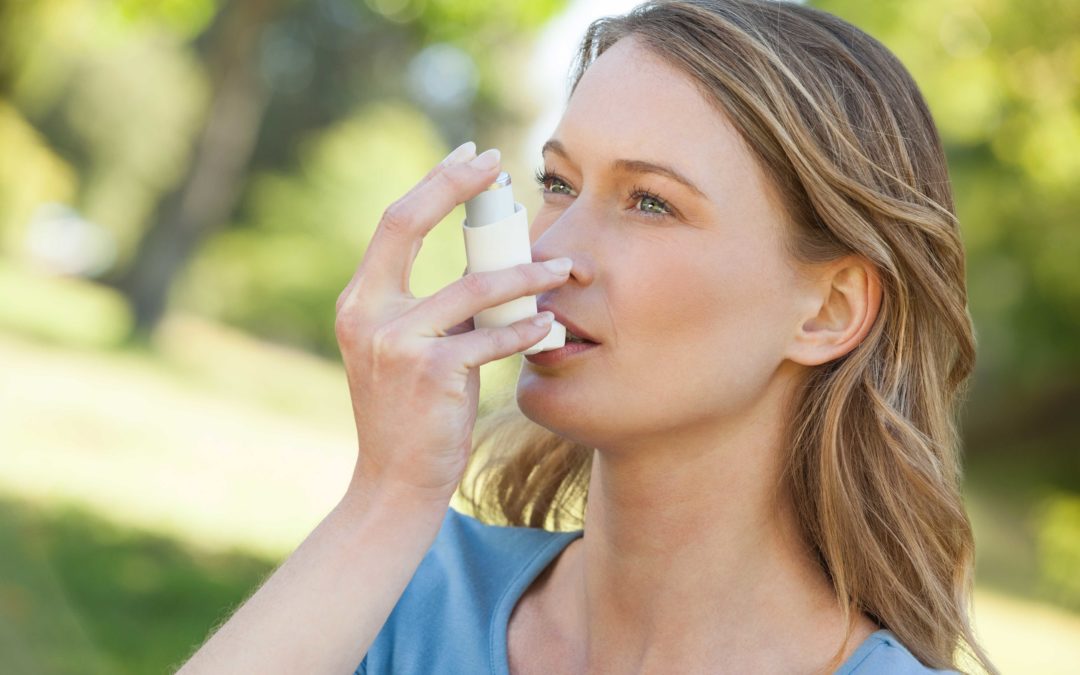Upper Respiratory Infections and How to Avoid Them
What is an Upper Respiratory Infection?
An upper respiratory infection is different from the common cold or an allergy, though some of the symptoms may be quite similar. Much like with a cold or allergies, an upper respiratory infection may occur at nearly any time of the year, but many upper respiratory infections are caused by viral infections, and are far more common in the fall and winter.
Symptoms
Some of the upper respiratory infection symptoms are quite similar to those of the common cold, including sneezing and coughing, congestion, a runny nose, a fever, and noisy, rattle-like nasal breathing or wheezing. If any of the above symptoms are accompanied by a high fever and difficulty breathing, seek medical attention immediately.
Asthma sufferers must take extra precautions as an URTI can be life-threatening.
If an upper respiratory infection doesn’t clear up in a few days, the patient may need to see a doctor for antibiotics, although these cases are rare. Often, if the infection does have some form of bacteria involved in it, it could worsen and evolve into pneumonia or emphysema. If the patient is also a smoker, emphysema and other types of infections may be more common, and healing may take longer.
In extreme cases, the patient may need to visit a hospital or an emergency room for a round of antibiotics or other medical treatment to help fight the infection.
At Trinity Medical Group, we offer a wide range of primary healthcare services for the entire family. Call Trinity Medical Group to schedule your appointment today if you have any symptoms of respiratory infection.
Treatment
Though any infection of the respiratory tract has the potential to become contagious, most often they are not. Patients who already suffer from respiratory issues or who already have a weakened immune system may want to take extra precautions to keep the infection from getting worse, such as avoiding contact with other people, frequent hand-washing, and covering the mouth and nose when they sneeze.
Coughing out mucus or sneezing often helps boost the body’s immune system to help fight the respiratory virus.
Keep all flat surfaces clean and try to cover the face when sneezing or coughing.
Wash hands frequently, especially with an anti-bacterial soap or hand sanitizer.
If you have come into contact with someone who has been ill, either from the common cold or from influenza, you should wash your hands thoroughly immediately after the encounter. It is also a good idea to avoid the person who was sick until their symptoms improve. This is especially true for people who work with or around babies and small children or people who care for the elderly, as these age groups are more susceptible to getting ill.
The best way to avoid a lung infection is by frequent hand-washing, good basic hygiene practices, and covering the mouth and/or nose when sneezing or coughing can help someone avoid getting an upper respiratory infection. If you think you have an upper respiratory infection, it is best to avoid contact with others, especially close physical contact. Wash hands frequently and stay out of crowded areas.

 Call Lakeland
Call Lakeland
